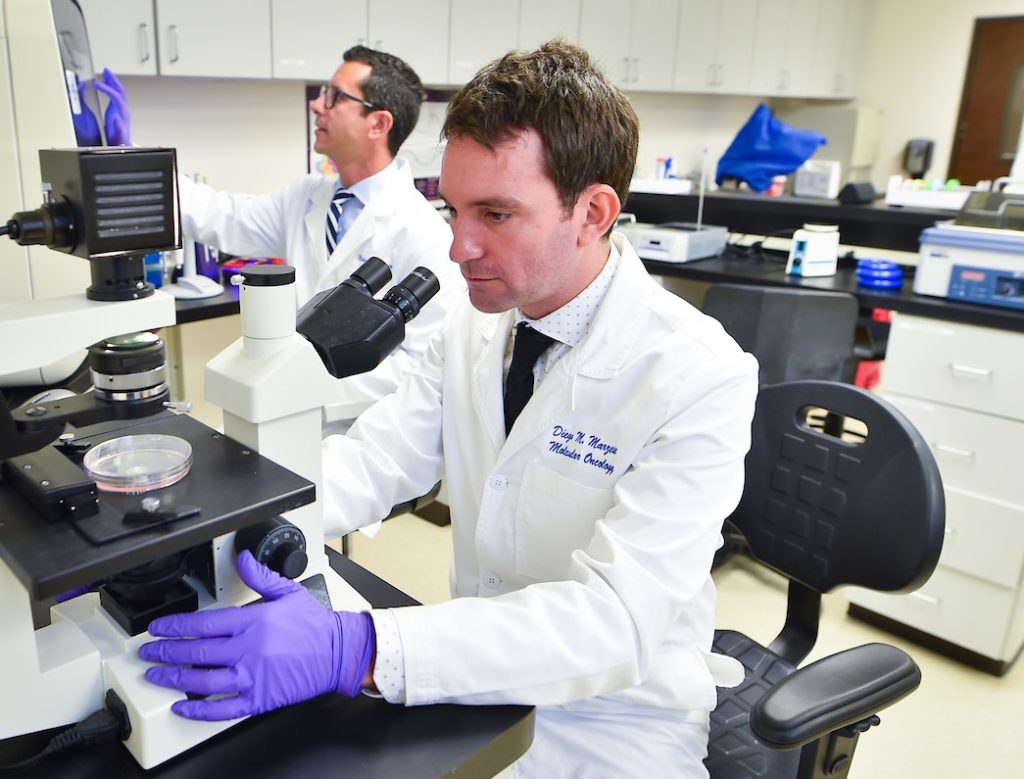Epigenetic & Epi-Transcriptomic Reprogramming Description:
Epigenetic alterations, which are chemical modifications to the genome that do not alter base composition, have emerged as powerful mechanisms to better understand, diagnose, classify and treat cancer.

